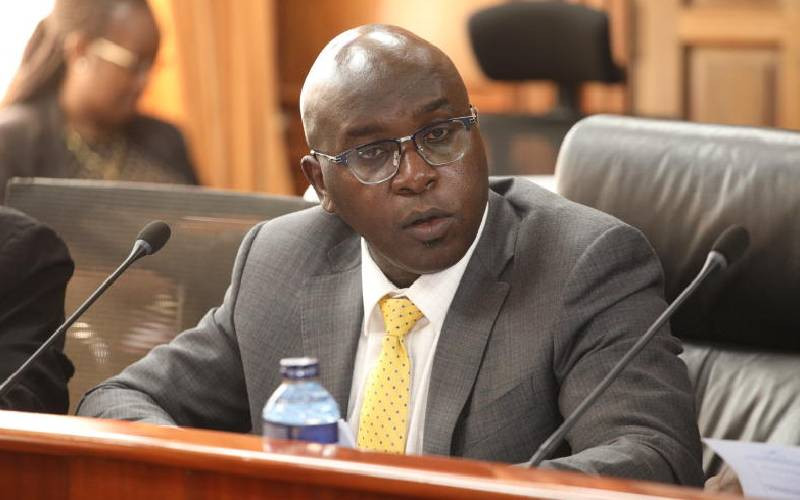×
The Standard e-Paper
Stay Informed, Even Offline

The Kenya Revenue Authority (KRA) has initiated a business process reengineering effort to combat long-standing corruption schemes at the Mombasa port.
The reforms include the removal of cargo verification officers from permanent release points, where they had built close ties with importers and clearing agents. "Instead, we have centralised their operations, assigning tasks on a randomised basis to ensure impartiality," said KRA Commissioner General Humphrey Wattanga.